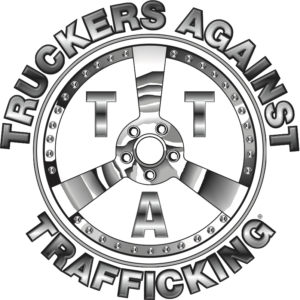Drug Testing
Our Drug and Alcohol testing consortium consists of over 500 pooled drivers and meets all requirements as prescribed by the Federal Motor Carrier Safety Administration (FMCSA). Our computer generated pooling selection meets all requirements for the FMCSA Random Drug and Alcohol Regulations.
By joining a consortium of this size, it allows you to meet the requirements of drug and alcohol testing while lowering your exposure to the number of tests required in any quarter.
Our RANDOM pulls are made during the first week of each quarter and sent to your company representative. In the event that you have no employees pulled in any given quarter, you will receive a ‘NO PULL” notice that will serve the D.O.T. during any audit that you were in compliance.
There is NEVER any charge to belong to our consortium
You only pay for testing actually performed and all costs include collection, lab, and M.R.O. charges
Nationwide network of collection sites and in most cases you can choose what site you want to use
Most NEGATIVE results back the next business day
DOT (Department of Transportation) drug tests are required for safety-sensitive employees in industries such as aviation, trucking, railroads, mass transit, pipelines, and other transportation sectors. There are several types of DOT drug tests, each serving different purposes:
- Pre-employment Testing: Conducted before an employee begins performing safety-sensitive duties. A negative result is required before the employee can start work.
- Random Testing: Conducted on a random, unannounced basis. Employees are selected by a scientifically valid method to ensure randomness and unpredictability.
- Post-Accident Testing: Conducted after an accident to determine if drug or alcohol use may have been a contributing factor. The specific circumstances under which this test is required vary by DOT agency regulations.
- Reasonable Suspicion Testing: Conducted when a trained supervisor or company official observes behavior or appearance that is characteristic of drug or alcohol misuse.
- Return-to-Duty Testing: Conducted when an employee who has violated the DOT drug and alcohol regulation returns to performing safety-sensitive duties. A negative result is required before resuming work.
- Follow-Up Testing: Conducted after an employee returns to duty following a violation of drug and alcohol rules. This is in addition to random testing and is part of a program prescribed by a Substance Abuse Professional (SAP).
DOT drug tests typically screen for the following substances:
- Marijuana (THC)
- Cocaine
- Amphetamines (including methamphetamine)
- Opiates (including heroin)
- Phencyclidine (PCP)
The testing method primarily used is urine testing, which is considered reliable and is federally mandated for DOT testing.

